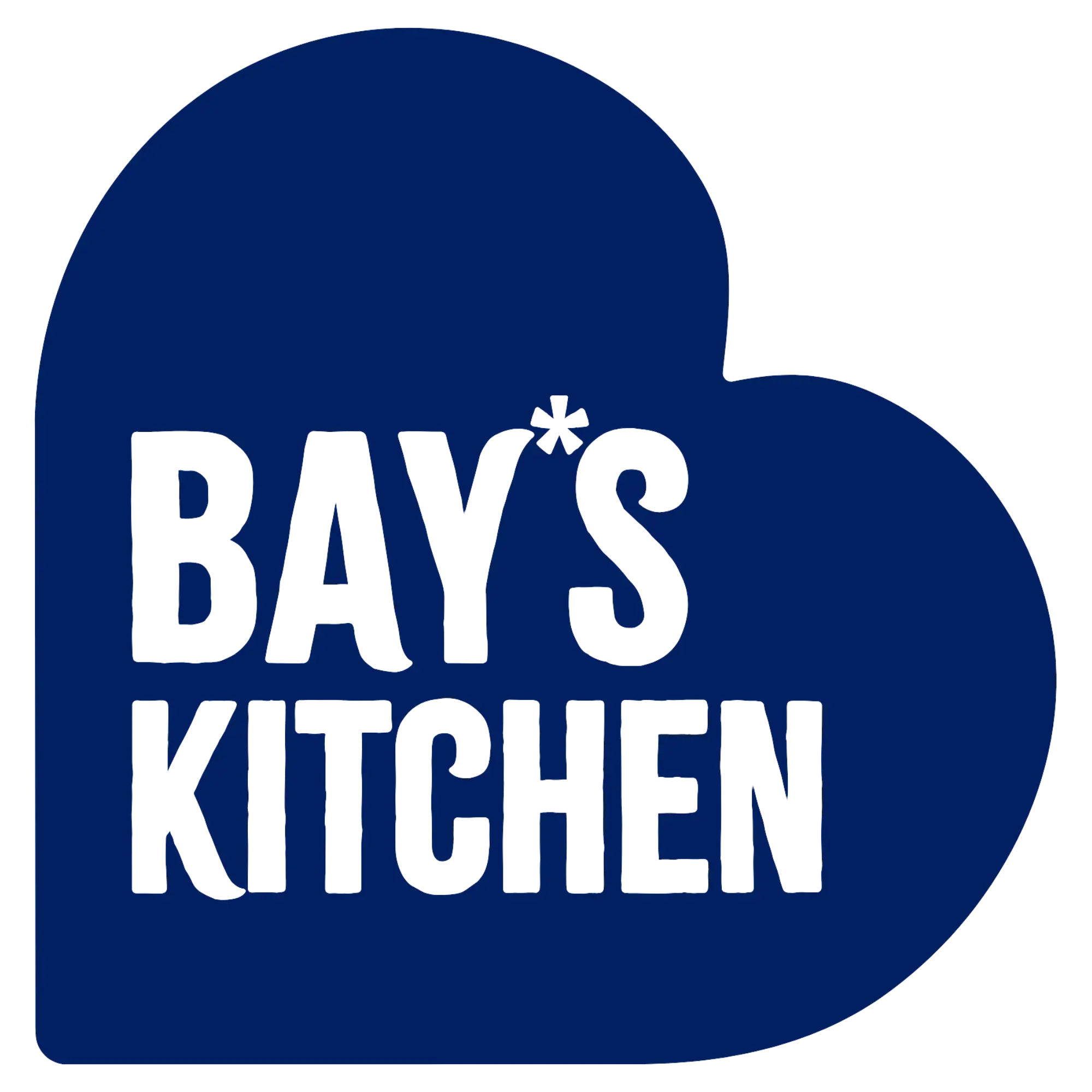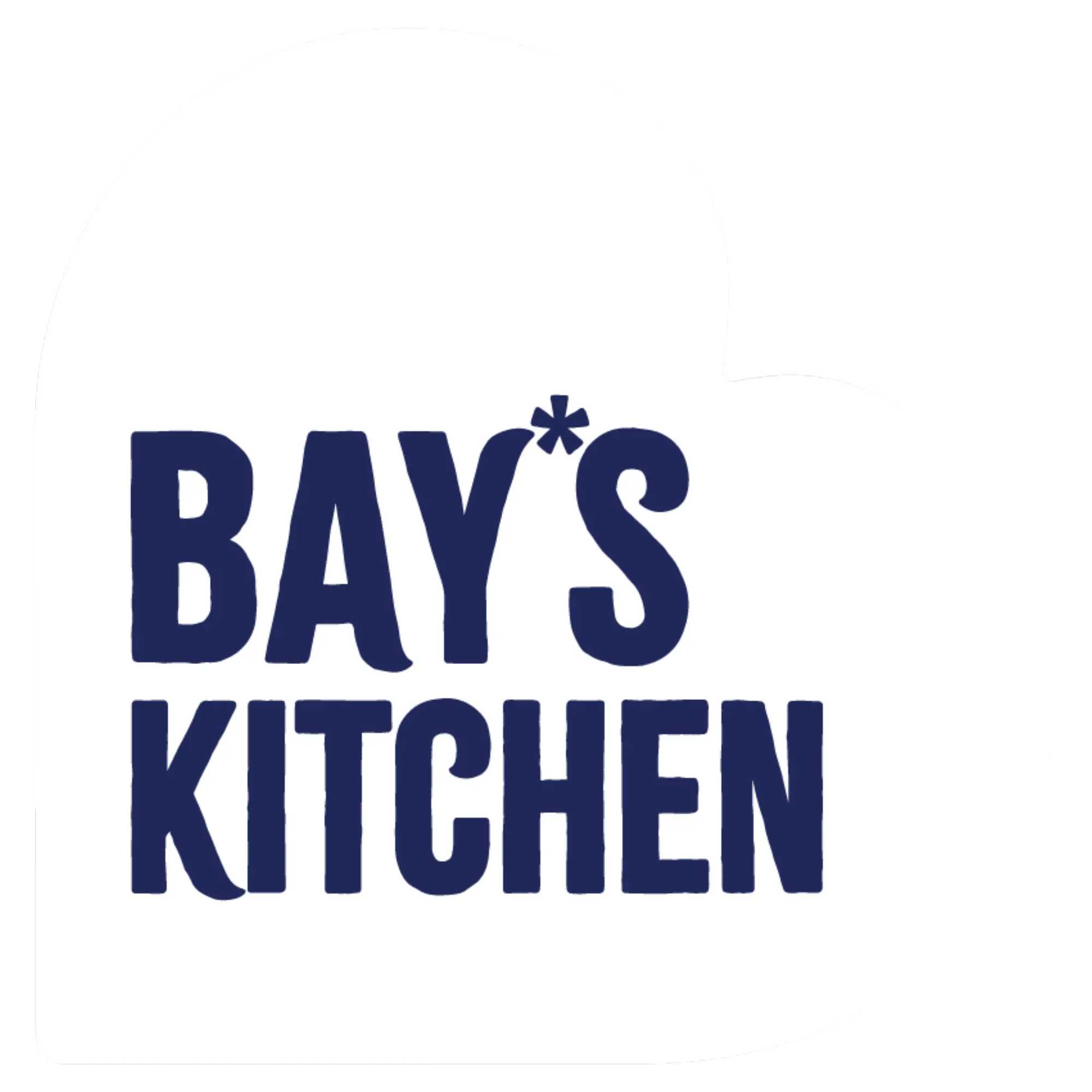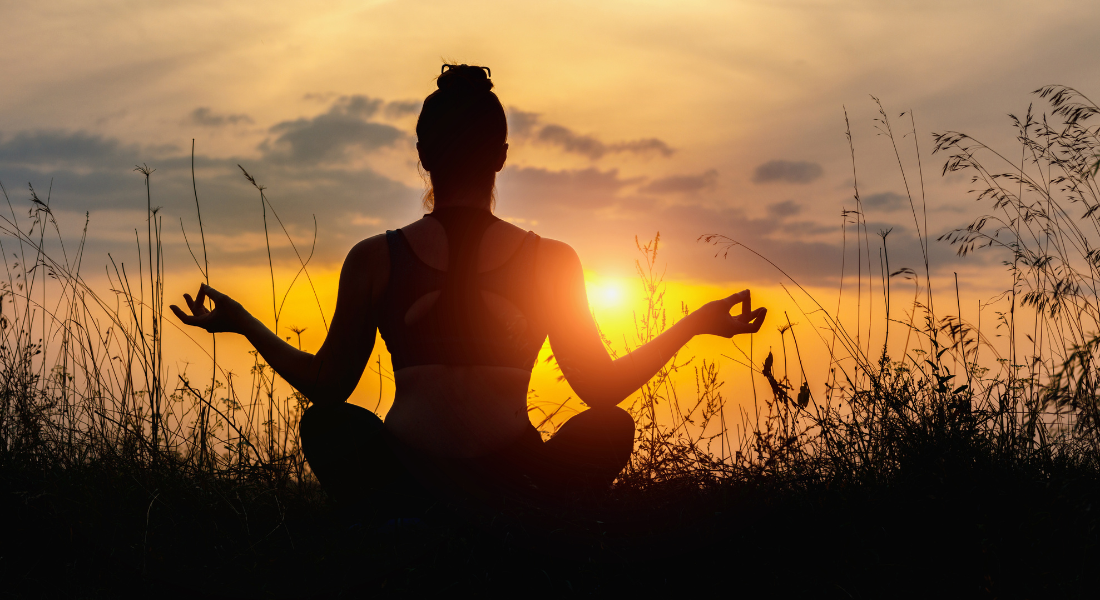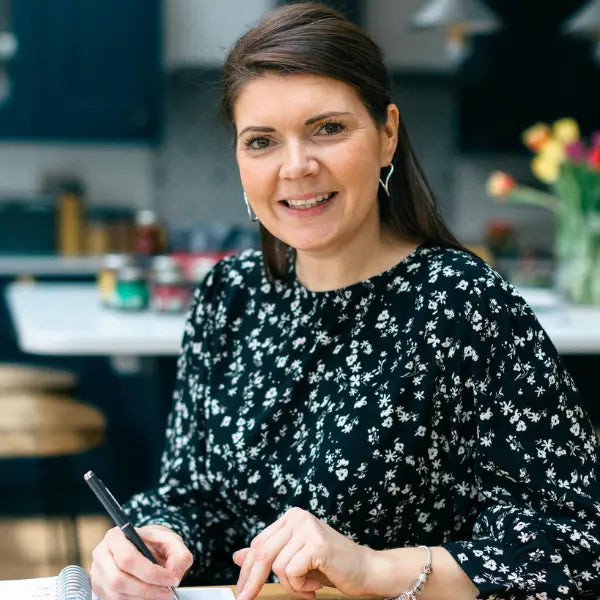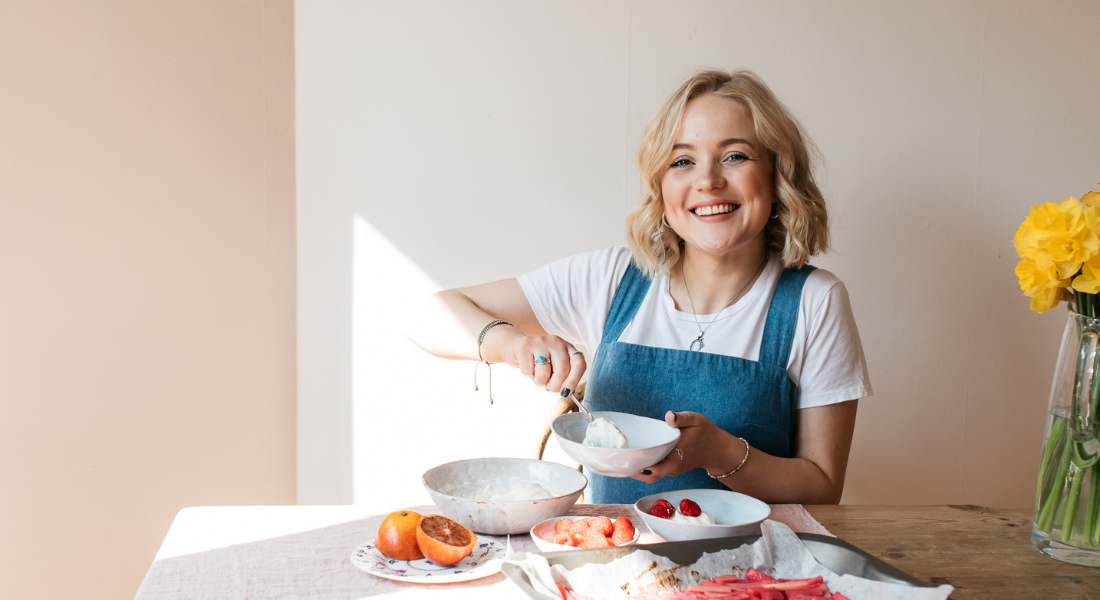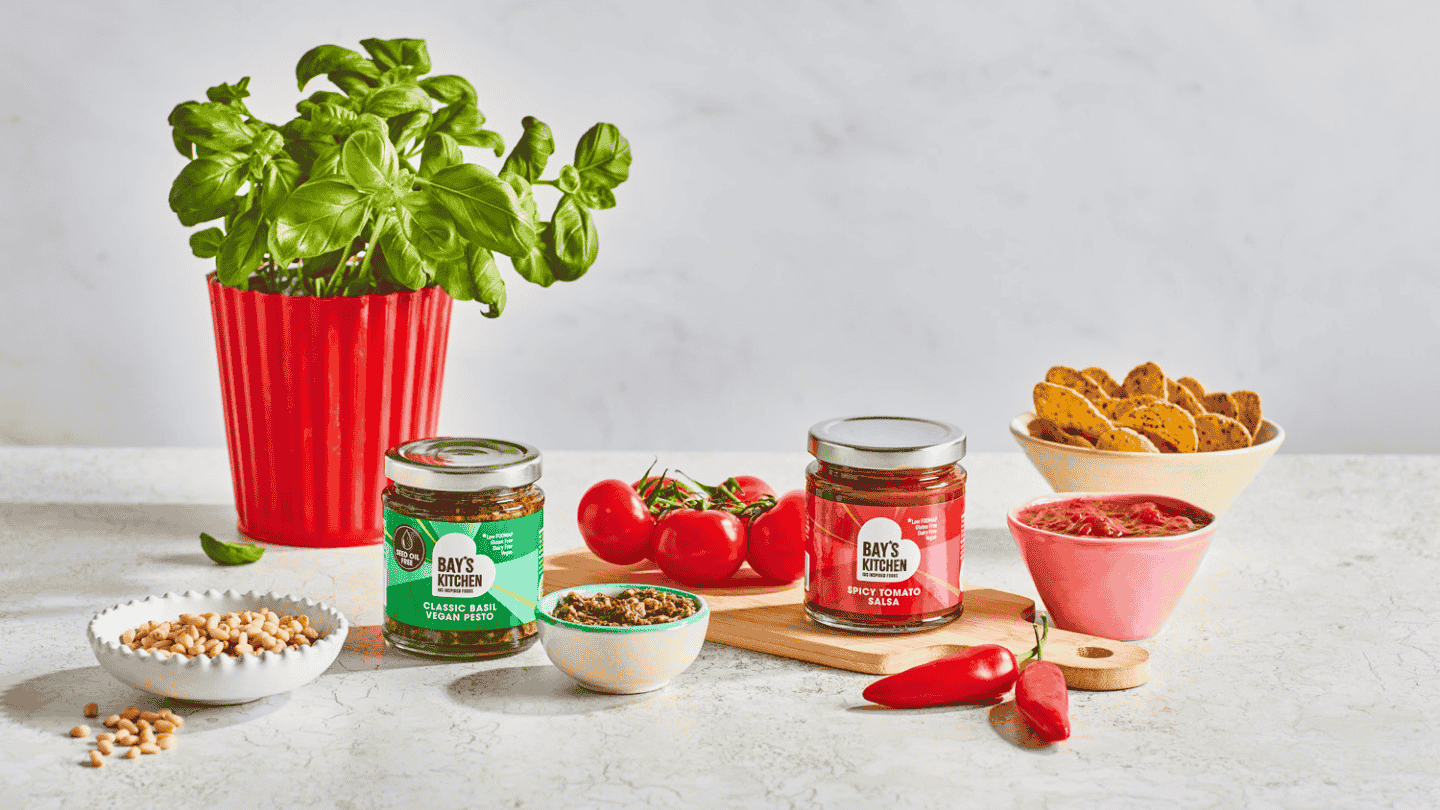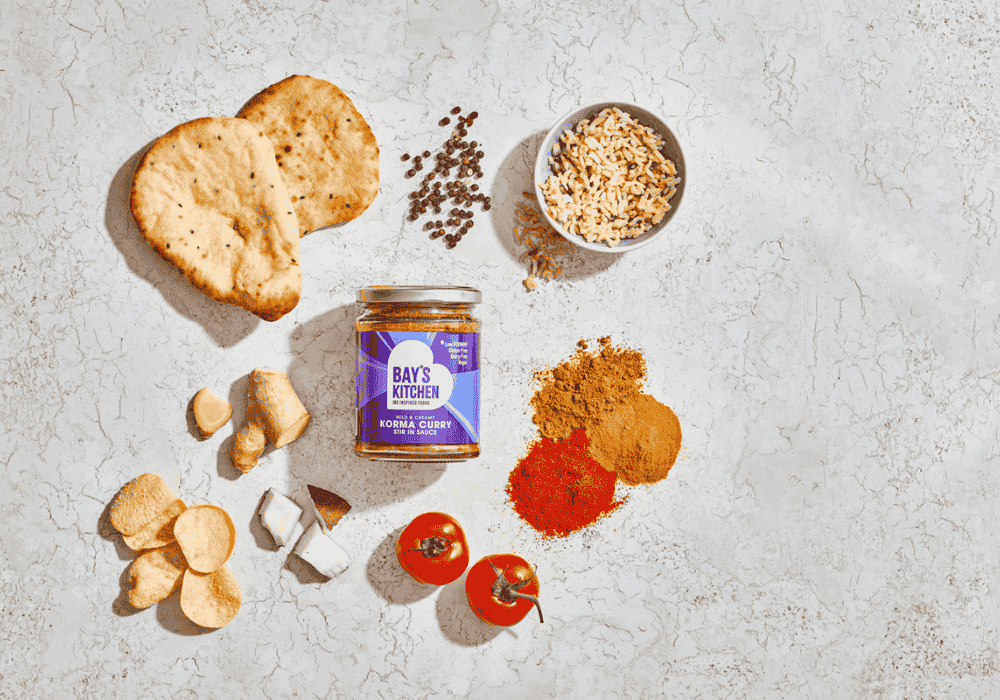For National Relaxation Day (15th August) we want to share the best ways to relax when struggling with IBS. Why is this so important? Well, stress can be a massive IBS trigger, causing symptoms to worsen and sometimes causing a flare-up on its own.
Here are our top choices of relaxation techniques that help with our IBS:
Meditation
Meditation is proven to reduce stress and anxiety which is known to affect our digestive system and it decreases inflammation helping with chronic health conditions too. Don’t know where to start with meditation? We strongly recommend using an app like Calm to take you through short sessions to get you started.
Yoga
The perfect stress relieving exercise whilst remaining low impact on your body. Yoga is a great choice, especially when you’re going through or coming out of a flare-up. Check out this blog by Healthline showing the top yoga poses for those with IBS - Yoga Poses For IBS.
Qigong
Growing in popularity, Qigong is a Chinese practice, it’s another low-impact option to move your body but it can be done sitting down or laying in bed, perfect for that self-care mid-flare-up. It’s said to reduce stress, improve your mental function, and enhance spirituality. Here’s how to get started - Qigong for Beginners: A Complete Guide.
Stress-Free Kitchen
We know that having a sensitive gut can make the kitchen a stressful place, from not knowing what is safe to eat, to not having time to cook from scratch. This really can test your relationship with food. Taking the stress out of cooking and stocking up on safe foods is so beneficial and worthwhile - start by stocking up on some of our Low FODMAP, IBS-Friendly Sauces. They only take 2 minutes to heat up, use the Monash University app to find low FODMAP-friendly goodies to go with them.
.png?v=1692094923490&options=w_10)
Explore Nature
Arguably the easiest way to relax today is getting out in nature. Completely free and incredibly powerful, simply going for a walk or sitting outside will make so much difference to your day. We like to start our day with breakfast in the garden (if the weather holds up) in the quiet, listening to the birds and taking in all of the different sensations from all of our senses. Try to notice the following:
- 3 things you can see
- 3 colours you can see
- 3 things you can hear
- 3 things you can touch
- 3 things you can smell
Plan Ahead
Make sure to be mindful about your stress levels and plan in time each day to relax. A busy schedule means you can easily forget or feel like you don't have time, but setting aside just 5 minutes will make a big difference. We also recommend planning in a 'reset day' every month to take a day to relax. Maybe book a spa day, head to the beach or go for a long walk somewhere new.
Why Does Relaxation Help?
Did you know your gut and brain are connected?
Finding the right relaxation techniques for you is essential, so we challenge you to try one of the above techniques today to start a more positive relationship between your gut and brain. If you're looking for more ways to destress and effectively manage your IBS, check out our top tips here.
